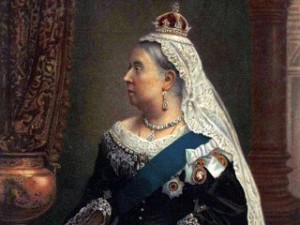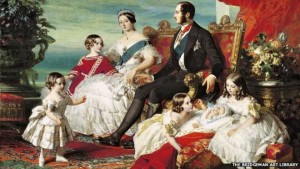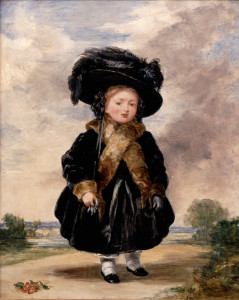The period drama is the best TV to hit our screens this year. But how do we get our heads around the different aristocratic titles used in the series?
Note: this post contains spoilers. If you haven’t watched all six episodes yet, do two things. 1) Do not read this post. 2) Book an appointment with a life coach to sort your life out. You are clearly making bad decisions.
There are probably people who aren’t raving about ITV’s Belgravia. But I can’t imagine I’d ever speak to those people.
The spectacular production did what period fiction does best. It granted us escape from the trials of our own world. It helped us see how much society has changed. It reminded us that human nature hasn’t.
A few people have asked me about the different styles and titles used in the six-episode epic. Why is Charles Pope’s grandmother called ‘Lady Brockenhurst’ when his finance is ‘Lady Maria’? Why is his grandfather a Lord while his grandfather’s brother is not?
This interest won’t last forever. I’ll strike while the iron is hot. Here is a quick guide to the titles and styles wielded by the hit show’s characters.
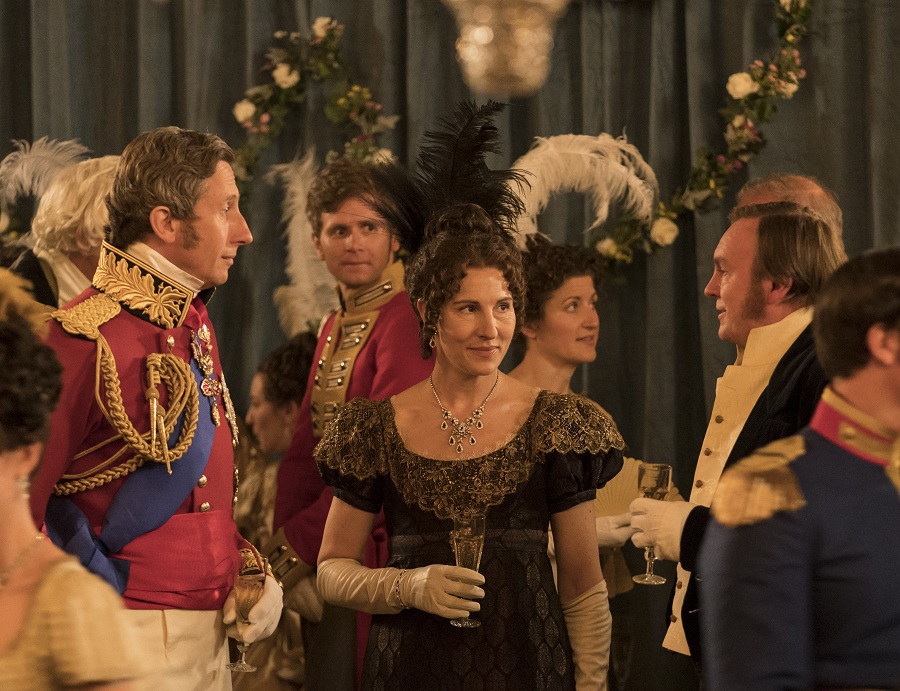
Explaining the styles of Belgravia’s titled characters
(Note: I have not included the Dukes of Wellington or Richmond, both real historical figures, who appear only in the first episode. I have included Edmund Bellasis due to his significance to the series).
Peregrine Bellasis, Earl of Brockenhurst
An earl is the third highest of the five ranks of hereditary peerage. It ranks below duke and marquess but above viscount and baron.
The character would be addressed as ‘Lord Brockenhurst’ by people within his social sphere. Servants would call him ‘my lord.’ Informally, peers may refer to him as ‘Peregrine Brockenhurst.’ His title is thus used as a surname, even though his actual surname is ‘Bellasis.’
We can deduce from the series that Peregrine’s full title is Earl of Brockenhust and Viscount Bellasis. More on this below.
Caroline Bellasis, Countess of Brockenhurst
The wife of an earl is a countess. People in her social sphere would refer to her as ‘Lady Brockenhurst’. Servants would address her as ‘my lady.’
In the series, Lady Brockenhurst is the daughter of a duke. As such her precedence was reduced upon marriage. A duke’s daughter outranks a countess.
But this is a technicality. There weren’t many dukes or marquesses around. The most important thing was marrying into a great landed family. Even a title wasn’t essential. The Earl of Brockenhurst would have been seen as a good match.
Edmund Bellasis, Viscount Bellasis
The eldest sons of an earl uses one of his father’s lesser titles (or subsidiary titles) by courtesy during the lifetime of his father. As such, Edmund is styled as a ‘Viscount’ even though, strictly speaking, he isn’t one. He can’t attend the House of Lords. Technically he’s commoner. But socially he is treated as if he held the rank. He would generally be addressed as ‘Lord Bellasis.’
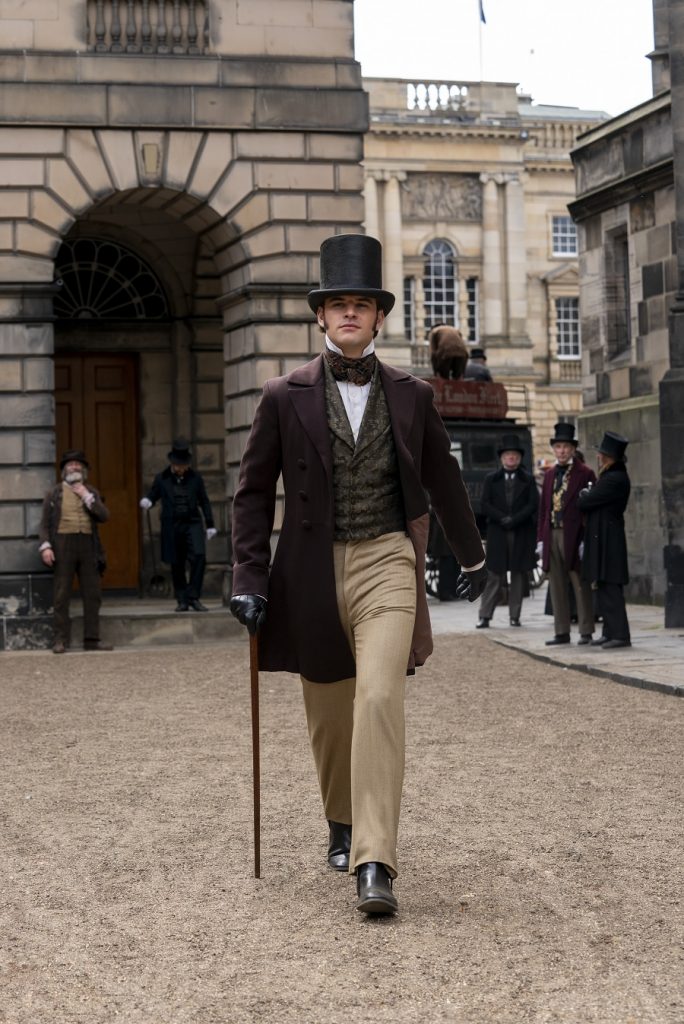
Charles Pope, Viscount Bellasis
Once recognised as the heir to Lord Brockenhurst, Charles becomes Viscount Bellasis. This is his father’s second title and the style his father had used.
Generally, only eldest sons use their father’s subsidiary title (see above). But because his father is dead, Charles is the heir apparent to the earldom. He can use the title because the only thing that will prevent him inheriting is if he predeceased his grandfather.
It’s worth noting that even though Charles’s surname is Pope, he could not style himself ‘Viscount Pope.’ Specific titles are created and inherited. You don’t just inherit a rank which can be moulded around your name.
The Hon. Rev. Stephen Bellasis
As a younger son of an Earl, the character is ‘the Honourable Stephen Bellasis.’ Because he is a vicar, he can add ‘Rev’ or ‘Rev’d’ to his style.
The style of honourable (which is also wielded by the children of viscounts and barons) is only used when referring to an individual. For example, if one were inviting the character to a social occasion (and if you are, I’d watch your valuables) the envelope would be addressed to ‘The Hon. Rev. Stephen Bellasis.’ However, you would begin the letter ‘Dear Mr Bellasis’ or ‘Dear Rev Bellasis.’
For most of the series, Stephen is the heir to the Earldom of Brockenhurst. However, he can’t use the title ‘Viscount Bellasis.’ He is not the heir apparent but the heir presumptive. At any stage he could be displaced if his brother had a son. While this may have seemed unlikely, it remained a theoretical possibility.
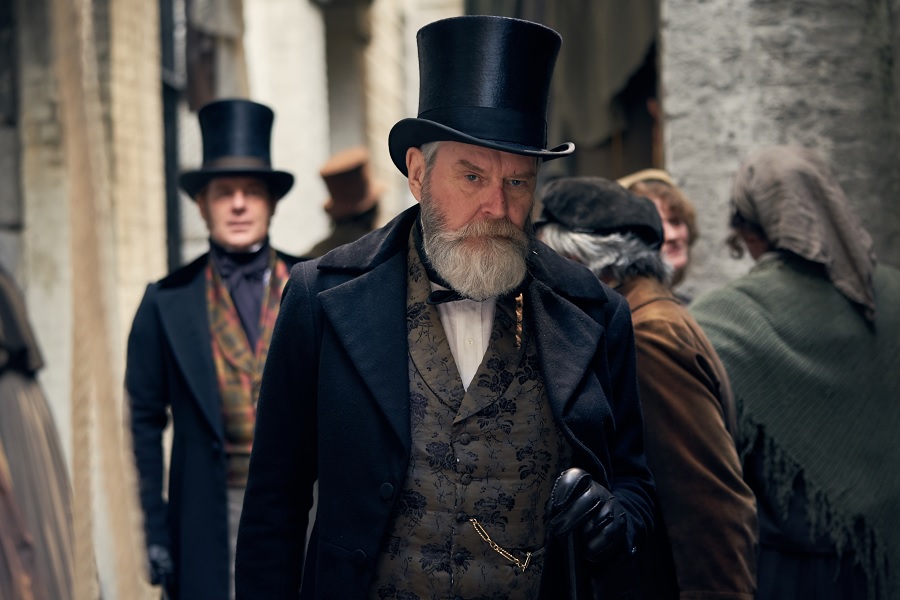
The Hon. Mrs Bellasis
The long-suffering wife of Stephen enjoys the style of ‘honourable’ by dint of marriage. She is ‘the Hon. Mrs Bellasis’ and never ‘the Hon. Grace Bellasis.’ If you met her, you would simply address her as ‘Mrs Bellasis.’ When referring to her or introducing her, you would correctly use the full style.
The (Dowager) Duchess of Richmond
A Duchess is the wife of a Duke, the highest rank of peerage. On a handful of occasions, some women have been created duchesses in their own right or inherited a dukedom.
By the time we get to the second episode, the Duchess is a widow. She is therefore styled ‘The Dowager Duchess of Richmond’. By the mid-20th century, the term ‘dowager’ had become unpopular. Widowed peeresses use their Christian name to distinguish themselves from the wife of the current title holder. Had she been born a 100 years later, the character would most likely have been known as Charlotte, Duchess of Richmond.
A duchess would be addressed as ‘your grace’ by servants and those of a lower social order. People within her social sphere would call her ‘duchess.’
Lady Maria Grey
The daughters of Earls use the style ‘lady’ before her Christian name. Note, if not using the full name, it is always ‘Lady Maria’ and never ‘Lady Grey’. The latter would suggest she was a peeress or the wife of a knight.
Fun fact: eldest sons of earls use a lordly style, but younger sons are reduced to ‘the honourable.’ All daughters of an earl are styled as ‘lady.’
The Dowager Countess of Templemore
As a widow of an earl, the character is strictly the ‘Dowager Countess of Templemore’. However, in day to day life she would be referred to as ‘Lady Templemore.’
If she were in the same household as her son’s wife (or visiting), servants may refer to her as ‘the dowager’ in order to distinguish between the two. But they would address her directly as ‘my lady.’
*
The series main characters, the Trenchards, are of lower status. They are trying to break into society. But this is not because they lack titles.
In the 1840s, most of England’s upper-class were untitled. What mattered was that your family had pedigree and land. In ‘Pride and Prejudice’ the untitled Mr Darcy is from the upper reaches of society.
The Trenchards are as rich as many of the titled characters. Even before his pedigree was discovered, Charles Pope would have been able to keep Lady Maria Grey in something resembling the style to which she had become accustomed. But that’s not the point.
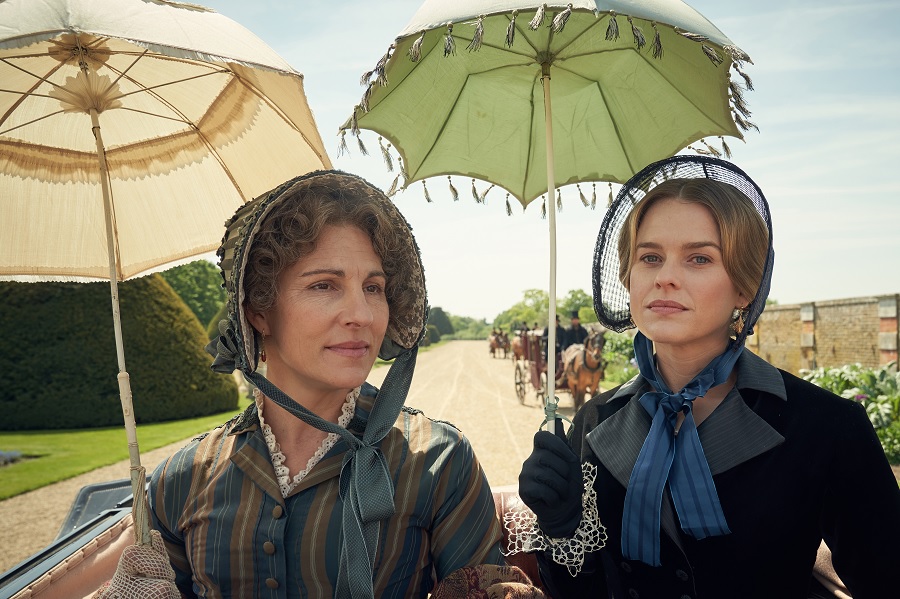
The Trenchards had the money – and even the land – to imitate the trappings of the upper class. But everyone knew how they’d got it.
Working for a living was dirty. Gentleman didn’t have to. Younger sons of landowner may have needed an income. They would find prestigious employment in the church or the army. At a push, the legal profession might be acceptable. But trade was unbecoming. Despite its lucrative rewards.
But all was not lost for the Trenchards. The upper classes had a short memory. By the early Victorian era, very few of them truly had pedigree from the high nobility. Their forefathers had, once upon a time, treaded the path of social progress. If the Trenchards were able to lose the ‘taint of trade’ they would be accepted as part of the gentry in a generation or two.
Setting Oliver free from the business and dispatching him to the country, as happened in the last episode, is no insult. By the time his ‘child’ reaches adulthood, there would be clear blue water between him and his grandfather’s business. He might finally be embraced as a gentleman.
This process was probably more subtle and fluid than I have sketched out above. You can see hints of it in the literature of the era. Austen’s Mr Darcy was keen to keep his friend Bingley from marriage to a Bennett girl. Jane’s family were on the fringes of the gentry. Their behaviour reinforced their modest status. Darcy could get away with marrying down. He was from the top-tier of the landed class. But Bingley had come up only recently. He was trying to lose the ‘taint of trade’ and needed to cover his blemishes with the best marriage possible.
None of this knowledge is important. The character inter-play, gripping narrative and beautiful production all speak for themselves.
But when you do know your stuff, the more you can appreciate just how well written and researched a series Belgravia is.
Subscribe to our newsletter!


